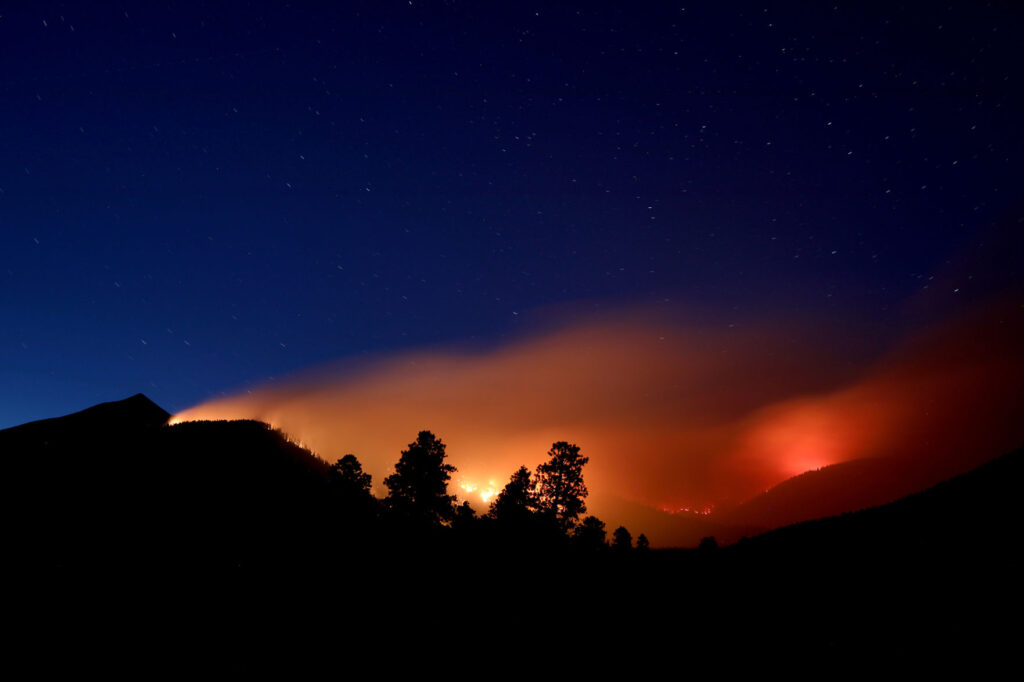
I was a kid at the circus the first time I saw someone eat fire.
The circus tent was darkened and a man stood on stage in a circle of light. He wore a sparkly jacket, removed his hat, bent his head back dramatically and used what looked like barbecue skewers to insert balls of fire into his mouth. He closed his lips around each fireball and poof! The fire was gone.
It was creepy and thrilling. I also didn’t get it even though I joined in the applause. People eating fire? Why? Doesn’t fire burn you? Aren’t we supposed to be afraid of it?
It didn’t win me over, but fire eating has wowed people for thousands of years. As far back as 133 B.C. there is written record of a fire eater named Eunus. Eunus lived in Sicily and, though enslaved, he engendered respect for his reported ability to receive messages from deities while he was asleep and awake. To gin up support for a rebellion that he said was backed by the gods, Eunus made a small fire in a nutshell and tucked the shell into his mouth. He stood before a throng and breathed out smoke, sparks and spikes of fire.
It worked. He rallied the troops, freed the slaves and became king. This, however, should not be considered a prudent activity to jumpstart a career as a political activist.
Penn Jillette, the vocal half of the American magician duo Penn and Teller, eats fire as part of his job. For my job I have eaten crow, humble pie, my words and my hat. Jillette prefers flames. He described how he taught himself to willingly eat fire at 19 in a 2012 interview with Smithsonian Magazine.
“I practiced all afternoon and burned the snot out of my mouth and lips. My mouth looked like wall-to-wall herpes sores, with cartoonish, giant teeth glued to my lips. There were so many blisters I couldn’t press my lips together. I am sure I couldn’t have whistled. I thought I had to ignore the pain and I did.”
Why not, instead, ignore the impulse to eat fire?
Today, fire eating is associated today with showmanship, street performers and very poor judgement. However, it has a much loftier lineage and was previously used as Hindu, Sadhu and Fakir displays of communing with the divine and proving spiritual elevation. I see the light; I eat the fire.
Outside of being eaten, fire itself takes on the heavy mantle of religious symbolism encompassing opposites and extremes — passion, desire, rebirth, resurrection, eternity, destruction, hope, hell and purification. Of the four essential elements outlined by Aristotle, fire is the sole one that can be created by man. In Greek mythology fire was the genesis of man forming civilization. In Hinduism, fire transports, reducing the corporeal form after death to an airborne ash, cleaving the body from the soul to expedite its way toward reincarnation. Zoroastrians believe fire represents God’s light.
Other religions deployed less benevolent interpretations and uses for fire. In Christianity, fire symbolized religious martyrdom and punitive zeal. Death by burning or burning at the stake were gruesome public spectacles of punishment for the highest crimes: treason, heresy, apostasy and witchcraft.
From religion to literature to folklore to proverb to ritual. Fire as hearth and home center. Fire as passion. (Freud said it symbolized the forbidden desire of the libido.) Fire as a verb deployed with gusto by a former U.S president to bounce contestants off of a reality show.
These days in Flagstaff it feels as if fire wants to eat us. To eat our stuff. To rage its way across our forests and mountains. With each smoke-tinged inhale, there is the awareness of fire, the suggestion of fire, the presence of fire. We cannot notthink about it, imagine it, fear it. Rapacious, mesmerizing fire.
A lightning strike is said to have been the genesis of the Rafael Fire, and it — and the others near Flagstaff — feed themselves on the aftermath of drought like the hungry at an all-you-can-eat buffet.
While the fires gorge on the water-starved forests, we monitor, we watch and wait. We inventory our material lives and get ready. Ready for loss. We pack our bags and get set. Set to flee. We prepare to go in case we must. And we pray once again for rain.

